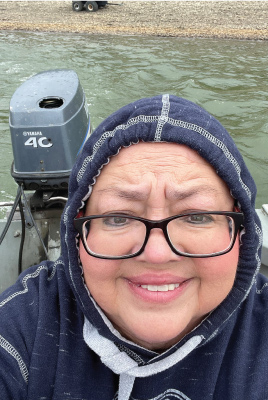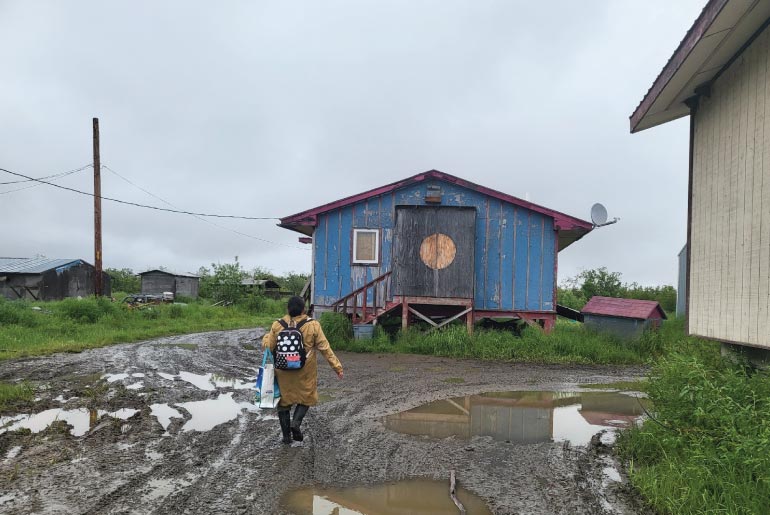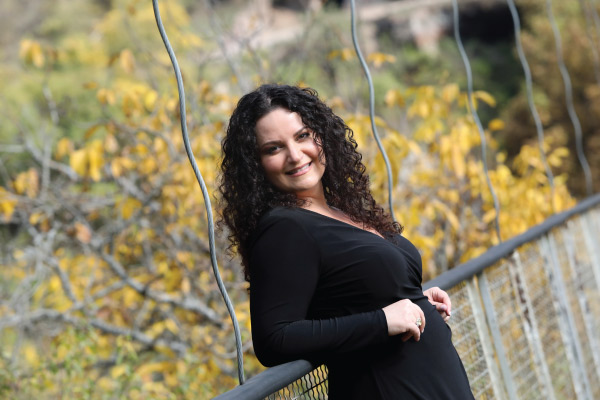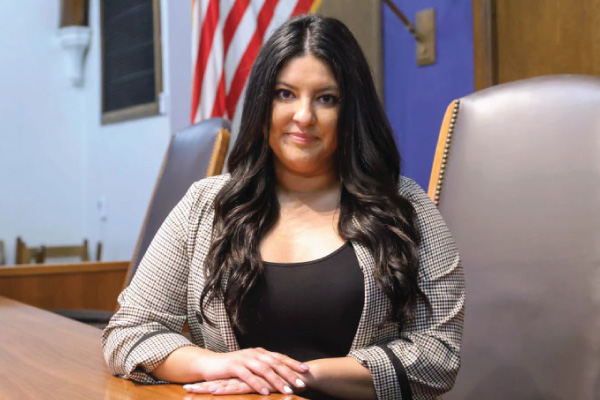Driving Change
UND School of Law grad doesn't let Alaskan travel challenges stop justice.
Working in Alaska has been the highlight of Monique Vondall-Rieke’s life. But before she was hired as Tribal Justice Director for the Association of Village Council Presidents (AVCP) in Bethel, Alaska, the 2004 UND Law School graduate was asked a surprising interview question: “Are you willing to travel in unique ways?”
She was and she has. Bethel, a hub for 58 Native American tribes, is not accessible by car, and you can only get within 12 miles before flying or boating in. Monique moved to the town of 6,000 in 2015.
TRIBAL COURT ASSESSMENTS
Because tribes are considered sovereign nations, they enact and enforce their own laws through tribal courts. At AVCP, Monique assisted the Bureau of Indian Affairs (BIA) to set up the Tribal Court Assessment, a Congressionally mandated process. Completing the assessment is a requirement that tribal courts in Alaska must repeat every four to five years to maintain funding from the BIA.
“The very first tribes in Alaska to receive those assessments were tribes in my region,” Monique said. “That’s basically what I do now for Koniag.”
In 2020, Monique moved to Anchorage to be the Tribal Court Project Manager for Koniag Government Services. The move was not a straight shot. After two years in Bethel, she and her husband, Stuart Rieke, ’01, ’08, moved back to North Dakota, where Monique continued her work in Alaska remotely before she was offered a job in Anchorage.
Regardless of her location, Monique has impacted Alaska’s tribal court system. “From 2018 until now,” she said in mid-August, “we have brought $20 million into the state.
“That’s significant because (the tribal courts) have never had continuous funding,” Monique said. “Now, when we come (to a tribe) to do an assessment, they know we have money for them to operate one year after another.”

Monique is often on the road (and the ice and the snow and the water) for her job in Alaska.
TREACHEROUS TRAVEL
While assessments have gotten easier, travel continues to be challenging. Monique described a recent journey. “To get to the Alahtna Tribe, my coworker and I had to fly from Anchorage to Fairbanks and charter a plane to a neighboring tribe. The court administrator picked us up on a four-wheeler. We drove to the river, took a boat across, got in a four-wheel-drive truck and then went to the Alahtna Tribal Office.”
That kind of travel takes tenacity and perseverance, which Monique has in spades.



